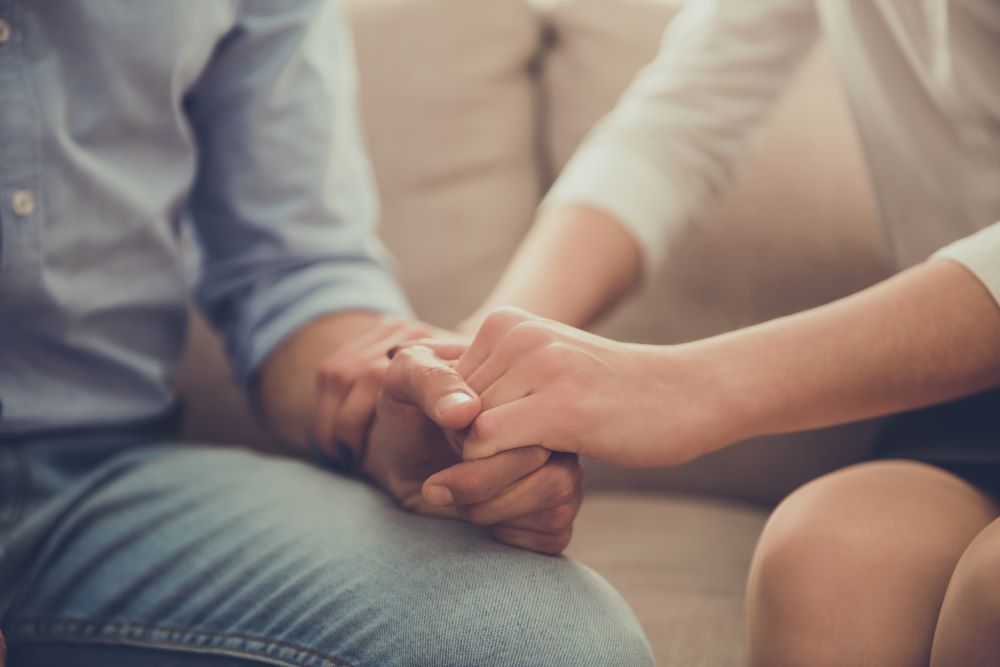 An ongoing task for many in the recovery world has been to bring light to stigmas of addiction and mental health issues. Drug overdoses were a source of contention in 2017 when the Center for Disease Control and Prevention (CDC) revealed that over 63,600 deaths occurred from opioid abuse. The revelation that addiction was not limited to only criminals and homeless people opened the door to start raising awareness on how addiction does not discriminate against whom it affects. Advocacy for de-stigmatization began and more people have been saved due to spreading the message that addiction does not care who it targets.
An ongoing task for many in the recovery world has been to bring light to stigmas of addiction and mental health issues. Drug overdoses were a source of contention in 2017 when the Center for Disease Control and Prevention (CDC) revealed that over 63,600 deaths occurred from opioid abuse. The revelation that addiction was not limited to only criminals and homeless people opened the door to start raising awareness on how addiction does not discriminate against whom it affects. Advocacy for de-stigmatization began and more people have been saved due to spreading the message that addiction does not care who it targets.
In addition to changing the stigma of addiction, the general public was also informed that more people than previously thought are suffering from mental health issues, such as depression and anxiety disorders. Instead of believing in the stereotypes that people with mental health diagnoses are simply insane, as more people started using digital media for their platform to share their stories, the more people stood up. With the increasing amount of awareness that is taking place, understanding the stigmas associated with addiction and mental health can give everyone affected the chance to lend support to those feeling like they are alone and let them know there is a way out.
Educate Yourself
The best way to get the message out that there is help available is to gain as much knowledge about these circumstances as you can. Everyone knows someone who knows someone who could benefit from knowing more about how to cope with addiction or mental health issues. Regardless of whether you are the person with these issues or are the person who needs guidance to help someone else, knowledge is the best way to learn about what needs to change in order to get well.
End the Silence
You do not need to go out and start rallies about addiction and mental health stigmas (unless that’s your thing). All you need to do is share the truth about addiction recovery and improving mental health care to get the word out. Every generation is affected by the message of healing in one way or another. Giving them a voice by sharing yours could be the very thing they need to get them started. Telling others about your struggles is not a way to embarrass or call you out. The point is to give someone who feels hopeless what they need to make changes in their life starting today.
The main thing to understand is that lack of willpower, moral weakness, or lack of discipline are not why people become addicted to drugs and alcohol or develop mental health issues. Everyone is susceptible despite their age, gender, race, or socioeconomic status. Banding together during uncertain times to help save lives will allow us to rise above the stigmas of addiction and mental health once and for all.
Our treatment program is centered on the principle that self-destructive behaviors and mental health disorders are often formed as coping mechanisms in reaction to trauma or other events. At The Guest House, we want to support you as you seek the source of your troubles and learn to share your story and your experiences without fear. We offer residential treatment programs specialized for the care of traumas, addictions, and related mental health issues. Call us today for information on our trauma treatment programs and our concierge-style customization for every guest at (855) 483-7800.